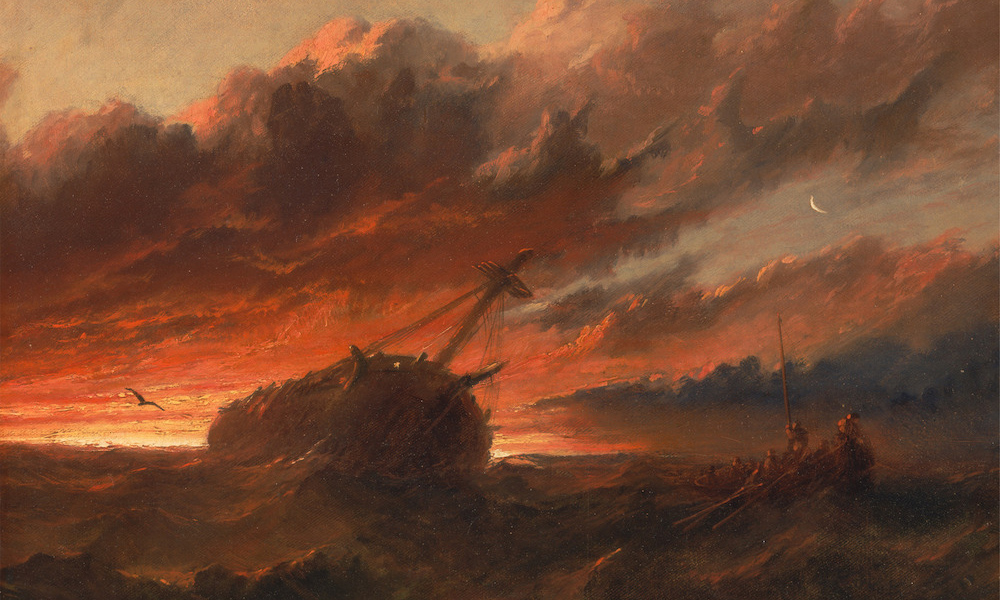
A colonial history: Jamestown, Plymouth and, yes, Bermuda
In a new book, Rochester historian Michael Jarvis argues that Bermuda belongs at the center, not the periphery, of the American colonial story.
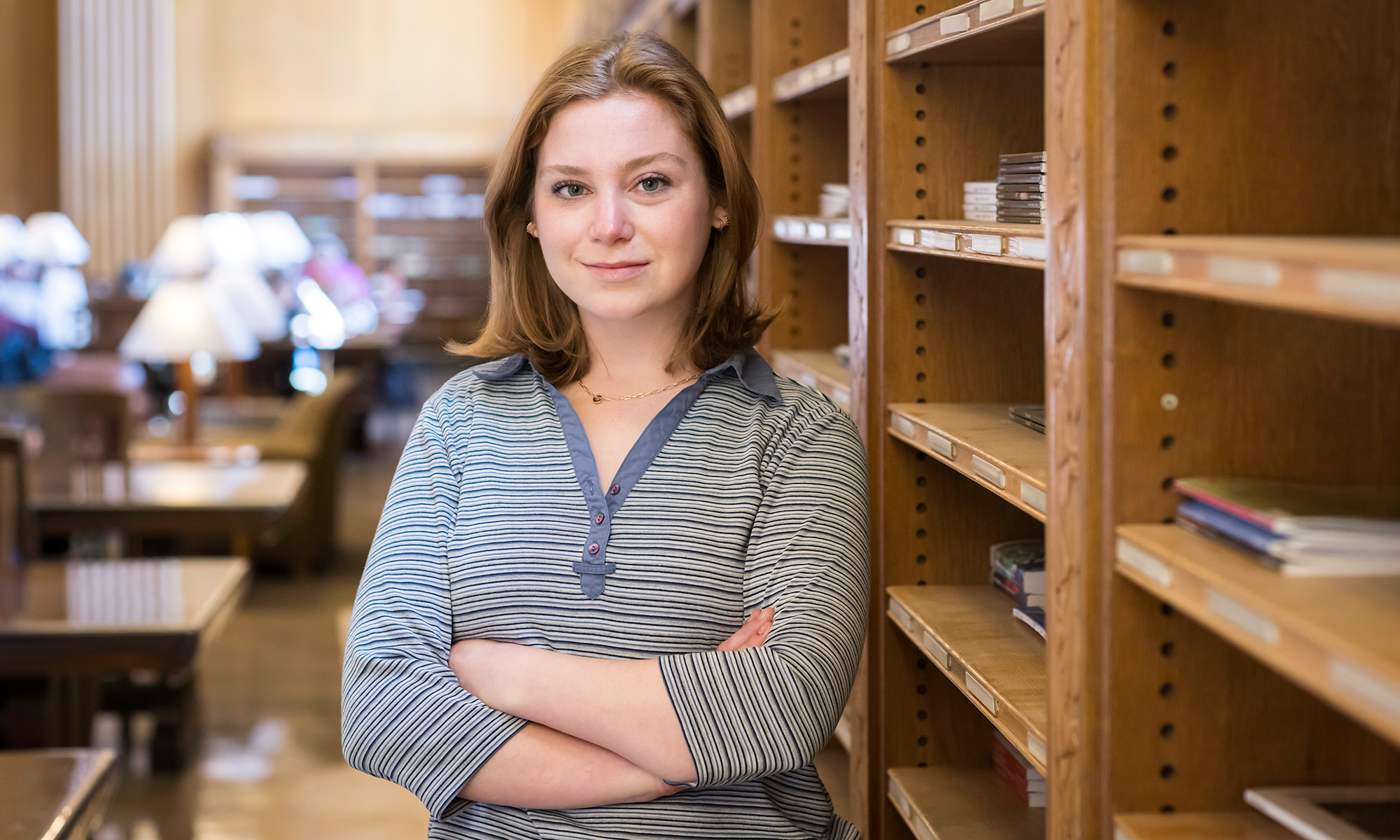
Political science major examines bias when women run for office
Morgan Gillespie ’23 has produced some striking preliminary findings that show voters use gender cues to form beliefs about which policies a politician supports.
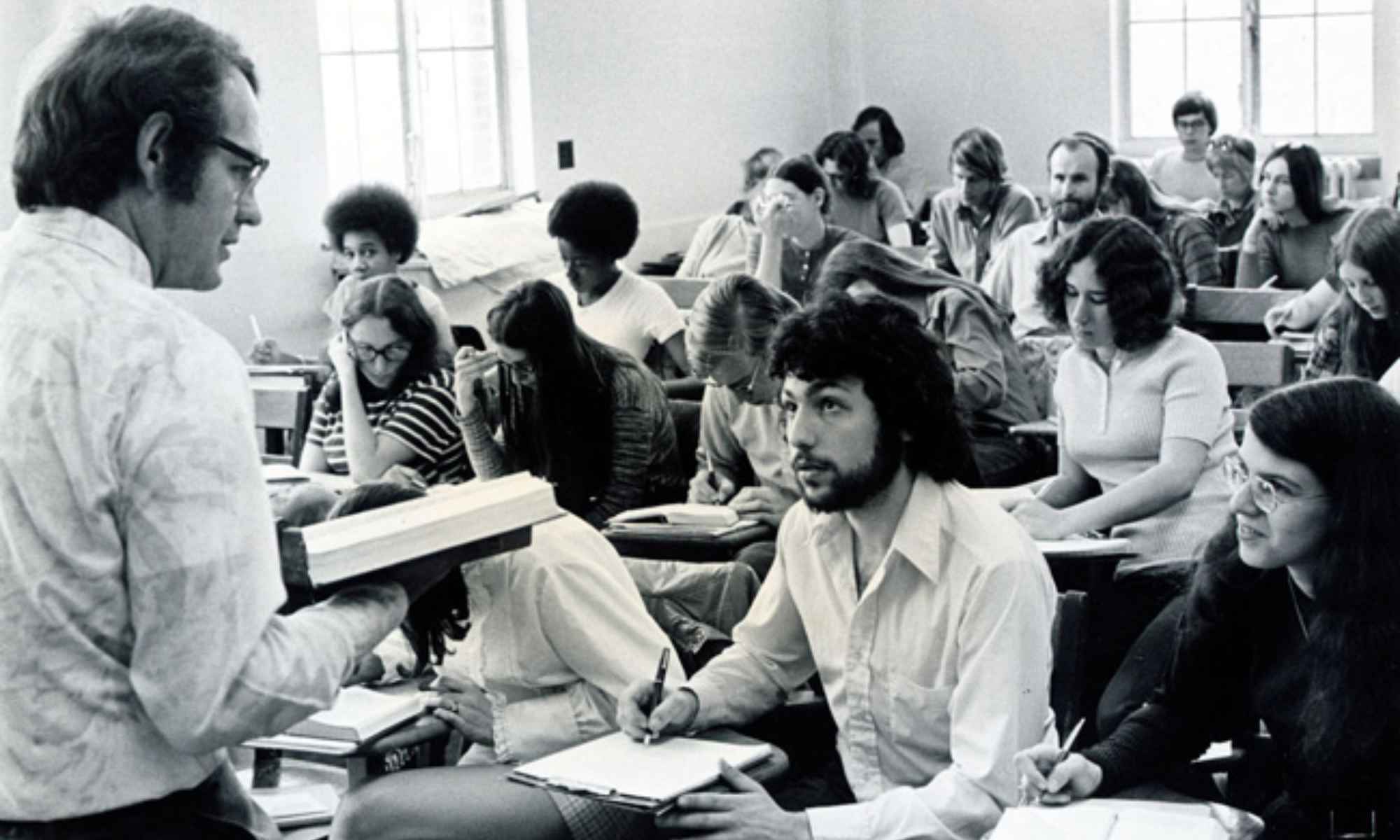
Russell Peck: The ‘ideal of what a humanities professor ought to be’
English professor Russell Peck is being remembered as much for his eminent medieval scholarship as his excellence in teaching.
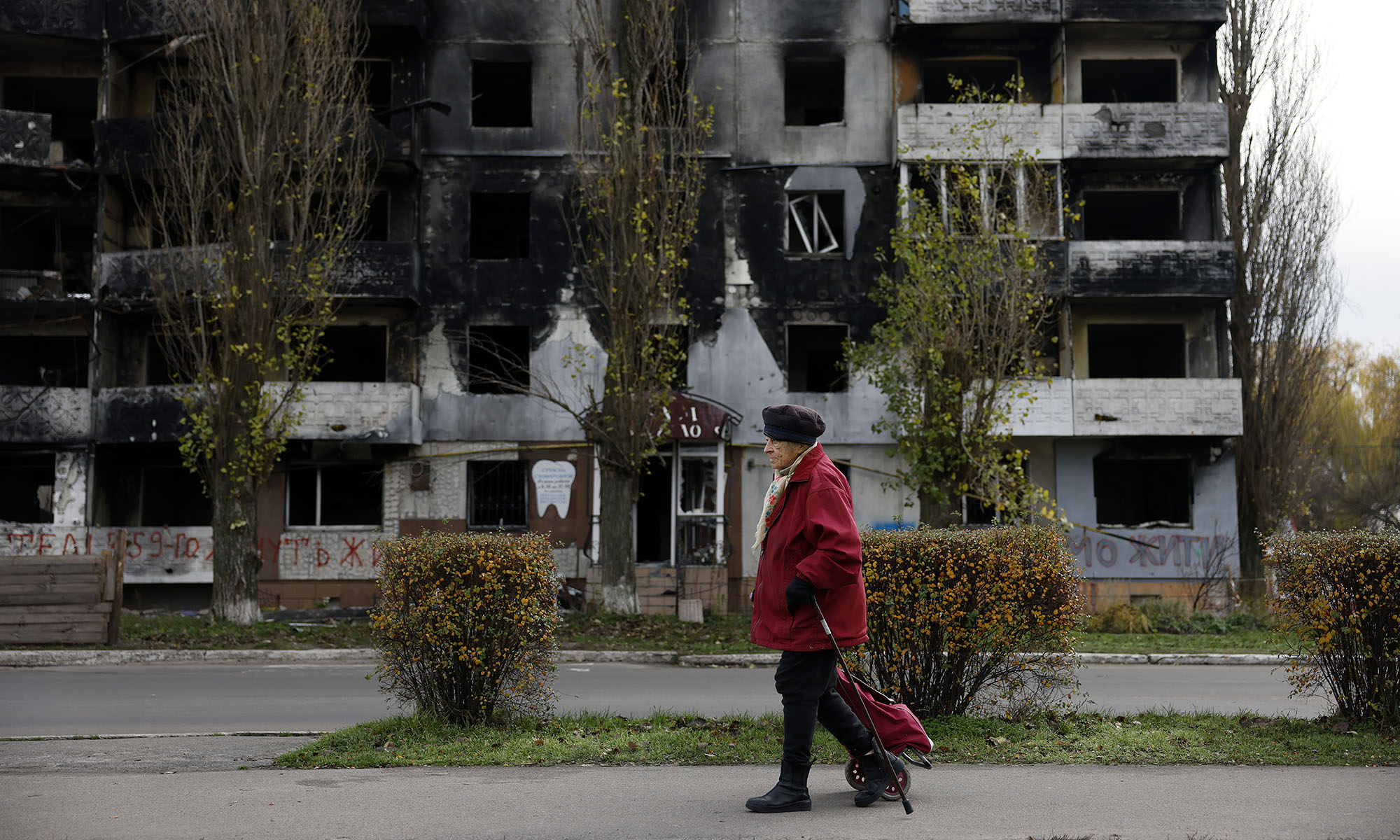
A year at war: what’s next for Ukraine?
Political scientists Randall Stone and Hein Goemans discuss military developments, the efficacy of sanctions, and how to contain—and end—the war in Ukraine.

US state spending historically biased against immigrant, nonwhite communities
Scholars show a “direct link” from the 1920s to the early 1960s between the race, class, and immigration status of constituents and their district’s share of state funds.

Looking for a match made in heaven—or online? Science says stay grounded
Rochester’s Harry Reis, a leading social psychologist, discusses how to find and foster love—including ways to get the most out of online dating.

Reducing the temptation to cheat in relationships
Adopting your partner’s perspective may reduce your temptation to cheat, according to research by Gurit Birnbaum at Reichman University in Israel and Rochester’s Harry Reis.
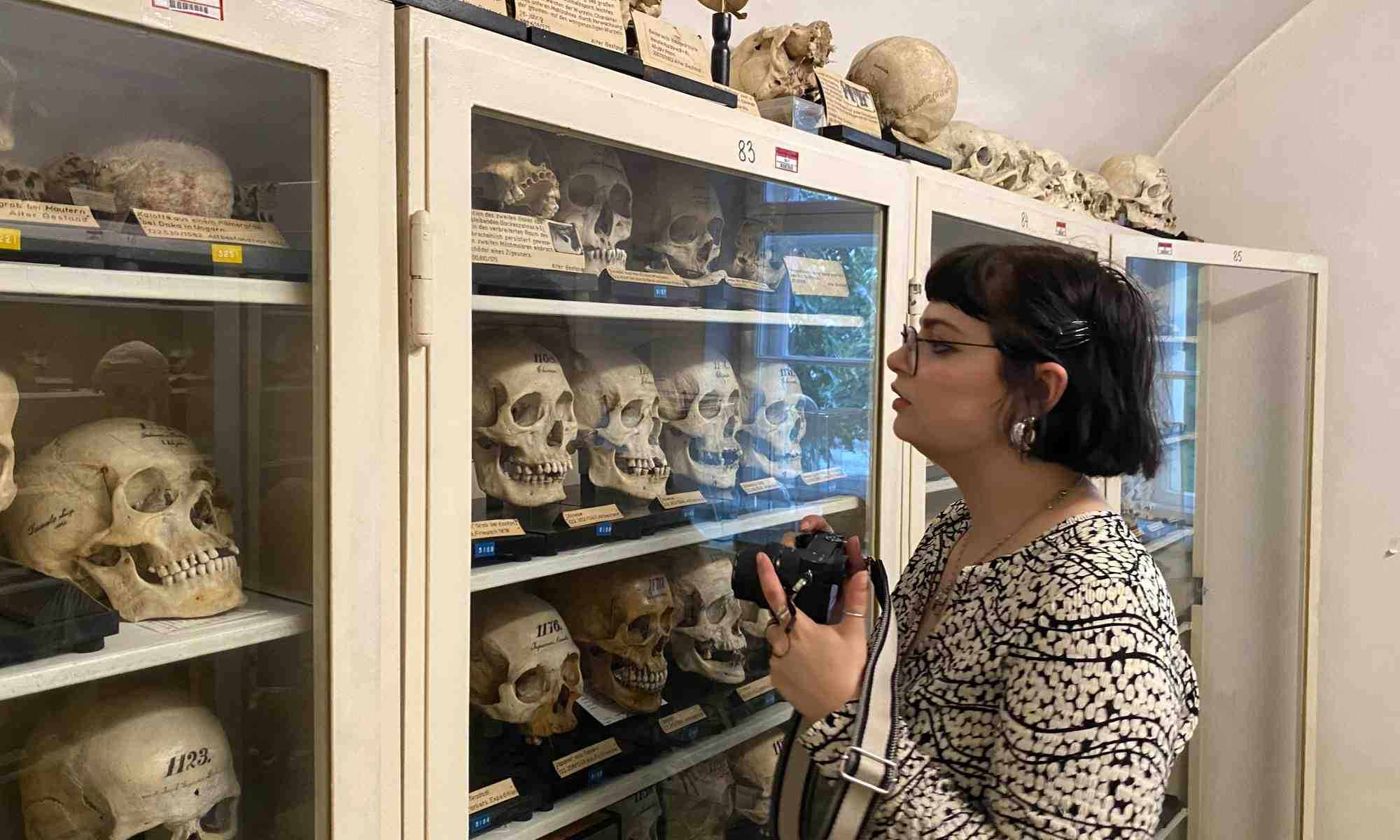
The ethics of dark tourism
Julia Granato crisscrossed Europe to study human bone collection and display sites. Now she’s pondering what it means to display and visit human remains.
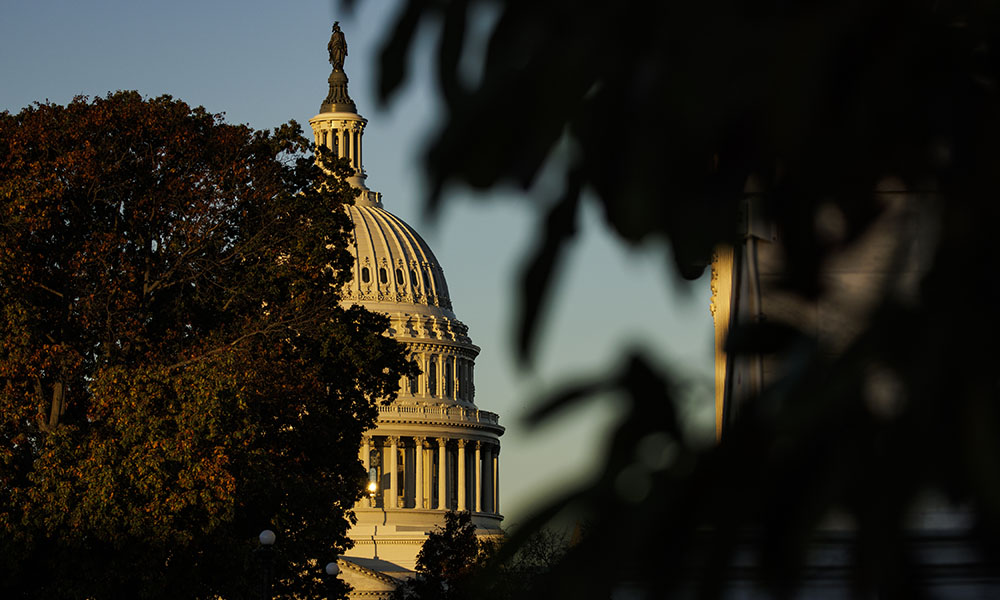
2022 midterm elections show a silver lining for US democracy
A post-2022-midterm election poll by Bright Line Watch finds increased trust in the fairness of elections.
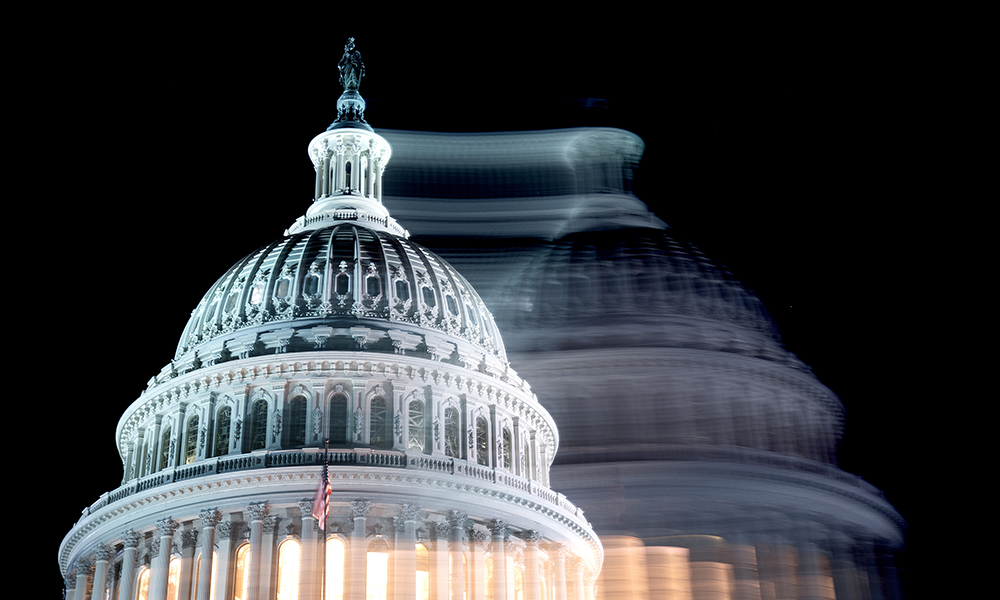
Bright Line Watch assesses American democracy on the eve of 2022 midterm elections
Experts in Bright Line Watch poll see a high chance some Republican candidates will be unwilling to concede election losses.

